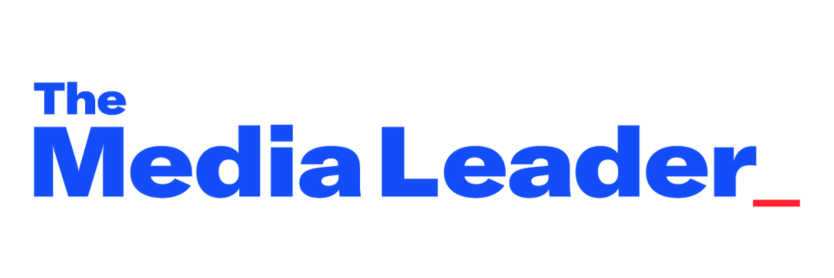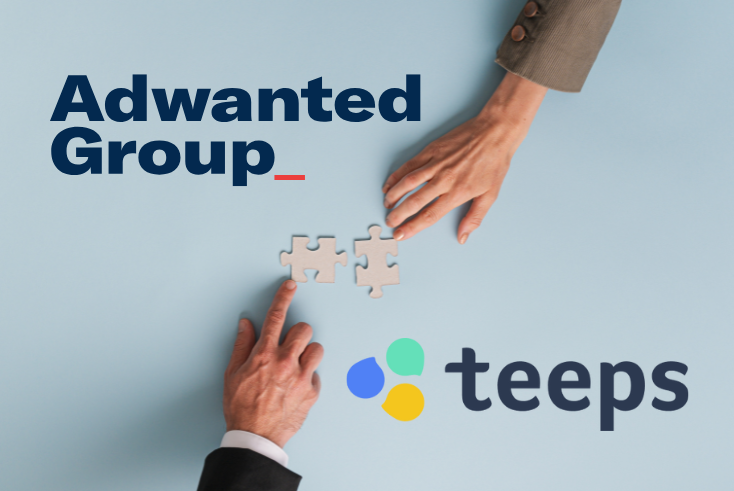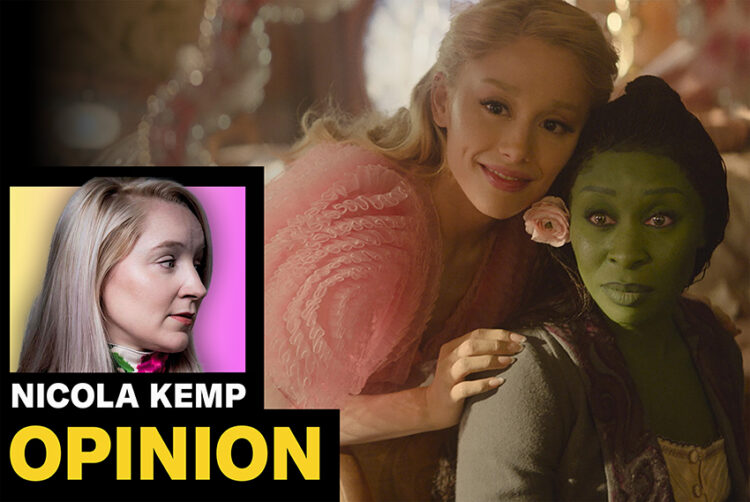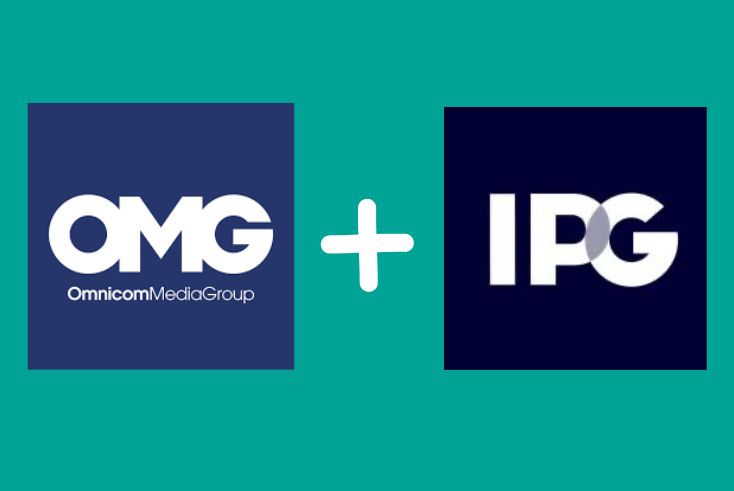Mark Read in conversation with Elon Musk? There’s only 1 question worth asking him
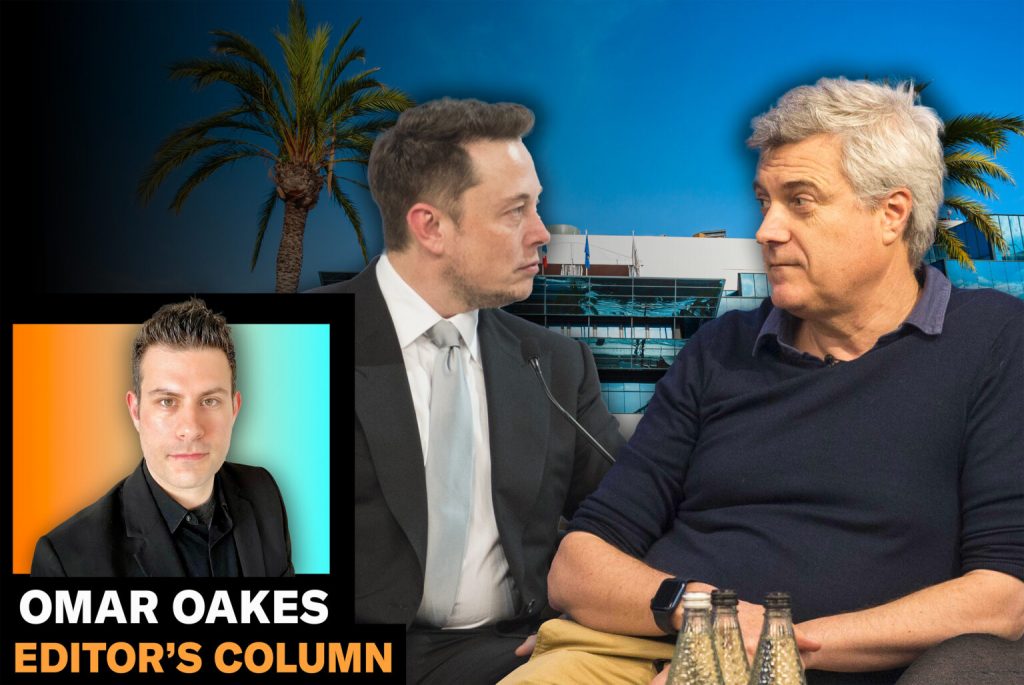
Opinion
WPP CEO Mark Read has scored a big interview at Cannes — Elon Musk. Given that Musk ‘hates’ advertising and has been a terrible owner of Twitter, Read owes it to this industry to ask him tough questions.
“Wow.”
Walking down the Croisette during the first morning of this week’s Cannes Lions, that word flies out of the mouths of first-time attendees to the world’s biggest advertising festival.
We know the global advertising industry comprises a gargantuan, sprawling mass of media owners, tech companies and, still, a handful of people who claim to be “creative”. But sometimes you need an entire town and its yachts to be doused in corporate logos and banners to fully appreciate the scale of how much media and tech now dominate the advertising ecosystem.
The ‘wow factor’ can transform what you think about this industry. People outside the industry will often snidely and ignorantly claim they “don’t watch ads”, which completely misses the point about how digital marketing has transformed their relationships with brands.
Long ago this industry stopped being about the buying and selling of people’s attention. Walking down the marina at Cannes this year, you only need note down the names of the companies whose logos adorn the luxury yachts: IAS, DoubleVerify, Criteo, Teads… it’s the data and those who can best crunch it that leads to success in advertising today.
Only one ad agency — IPG’s FCB — has its name on a yacht this year.
AI can’t believe it
And yet attention seeking remains irresitible.
At it’s worst, Cannes Lions is stuffed with talks, panels and meetings in which people are blah-blahing about nebulous, futurist, might-never-happen nonsense.
Artificial intelligence is a topic that lends itself to this genre like no other. In what will surely go down in history as the high point of speculative AI Cannes chat, a conversation will take place tomorrow between WPP CEO Mark Read and Tesla/SpaceX/X boss Elon Musk.
Musk has single-handedly done more than anyone else to damage Twitter. It has always been a relatively niche media platform, but it was once genuinely game-changing for journalism, building online communities and sourcing real-time information. There was a time when Twitter was the envy of Google and Facebook.
Now we barely talk about Twitter, or X.
But that’s not the real reason he has been awful for Twitter and awful for media.
‘I hate advertising’
As a media owner boss, he’s just not very good at it.
His first significant move was to throw one of the world’s most famous brands in the bin. Twitter became X, a letter that is literally used in everyday conversation to describe a placeholder.
He then made what most industry watchers thought was a smart move — hire a seasoned ad sales leader with excellent relationships as his CEO. Unfortunately, the former NBC exec Linda Yaccarino has been summarily undermined by Musk’s incessant need to be the centre of attention — like when she appeared to genuinely not know that Musk had announced a plan to force all Twitter users to become paid subscribers.
And there are the constant brand-safety scandals, where a simple Google search will reveal hundreds of articles about advertising “pausing”, “suspending”, or “boycotting” X because their ads have appeared next to hateful content.
Why does Musk act this way? It’s because he, to quote him, “hates” advertising. He has said it on numerous occasions.
He has no respect for this industry. He is that snide, privileged adolescent who can blithely claim that “ads don’t work” or “I never watch ads”, because he’s supremely wealthy and can insulate himself from the norms and ties of a diverse, democratic society.
At the risk of sounding like an industry cheerleader… this matters.
Media is only accessible to all people — not just those who can afford ‘premium’ everything — because of advertising.
Mark Read, more than anyone, should know this. He is the chief employer of over 100,000 people around the world whose livelihoods are mostly dependent on advertiser dollars. GroupM and its media agencies, specificially, are meant to provide advertisers with expert authority on where those advertisers put their money.
Read’s responsibility to clients
So, of all the media owners in the world to publicly talk to, at the world’s biggest advertising forum — why would you talk to the owner of X?
Particulary when this person is well known for telling “advertisers to go fuck themselves” for daring to walk away if X fails to become more brand safe. This was not a throwaway comment: as Tesla CEO he freely told the world he “hated” advertising in 2019. And yet, that didn’t stop him from pushing Tesla to begin embracing advertising last year, including throwing $200k at X — not that that’s a conflict of interest.
My understanding is that Read will address Musk’s comments, made in late November during an interview with business journalist Andrew Ross Sorkin.
This is important. Agencies are the agents that represent advertisers and, if Read is going to play the role of interlocuter, it’s his responsibility to make his clients views heard.
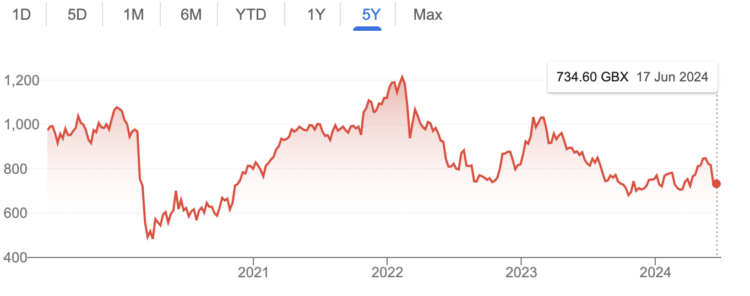
WPP’s share price over the past five years.
This matters not just for WPP, whose share price has been broadly flat since Read took charge of the business in 2018. The company is worth just under £8bn, just a third of its brief valuation at the peak of Sir Martin Sorrell’s tenure. It has been left in the dust by Publicis Groupe in particular, whose current valuation of just over £21bn is partly down to having a more credible story around artificial intelligence.
So no wonder Read is keen to headline a talk on stage at Cannes entitled “Exploring the New Frontiers of Innovation”, specifically “how AI is reshaping creativity”.
I can think literally a thousand people who would have more meaningful things to say about AI and creativity than Elon Musk. They are all probably at Cannes Lions — it’s the undeniable buzz word of the week.
But what really matters is whether X is a media platform worth using. Read runs a huge agency group and who he chooses to talk to publicly matters, even if he might regard it as a personal coup to sit alongside the world’s on-and-off wealthiest man.
When GroupM chose to stop regarding X as “high risk” last year, tongues began wagging about some private deal for preferential ad buys for GroupM clients. This is, of course, flatly denied by the company and I’ve asked WPP the question directly.
We know that Read is passionate about this industry. A year ago, when I interviewed him at The Media Leader Summit, it was inspiring to hear him talk about how the late Jeremy Bullmore had such an impact on this career. He seems to care and should take this opportunity to show it.
This is how media agencies can make a real difference in climate change
We’ve written ad nauseum about the real reason advertisers have walked away from Twitter. As well as the brand safety issues which won’t go away, media buyers have complained that X offers a poor user experience when it comes to measuring the performance of ads.
Not to mention Musk’s own personal conduct, such as they way he appears to flout SEC violations, the latest of which surfaced yesterday. He was already investigated over publicly announcing a Tesla buyout which never happened, and now there are similar questions over his purchase of Twitter.
Or the time that he used Twitter to call someone a “paedo” — a British man whose only claim to fame was trying to rescue children trapped in a cave — something that Musk would never be brave enough to do in a thousand lifetimes.
There’s only one question that Mark Read should ask Elon Musk.
“What’s wrong with you?”

À lire plus tard
Vous devez être inscrit pour ajouter cet article à votre liste de lecture
S'inscrire Déjà inscrit ? Connectez-vous


